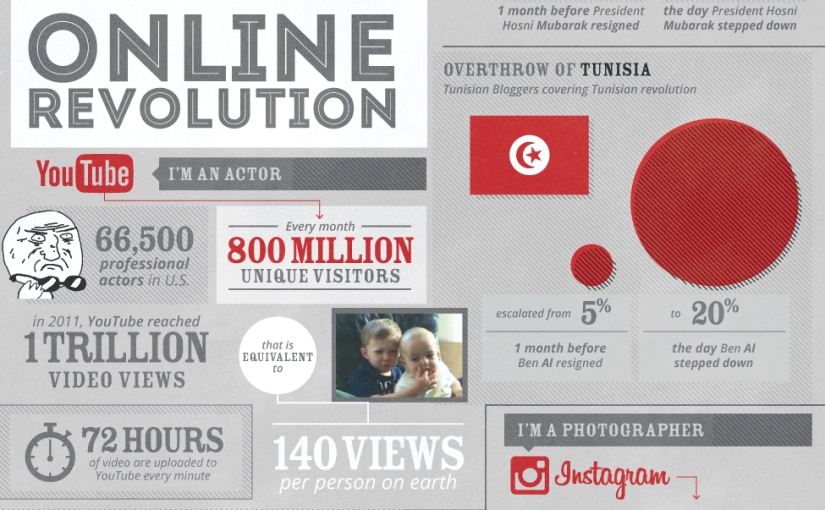With approximately 2,405,518,376 Internet users in the world, it’s safe to say that the web has had a substantial impact on the world and the ways in which people live and interact. As the number of Internet users grow, the world changes.
Millions of moms now have an outlet for their creativity with the introduction of Pinterest. Approximately 5 million stay-at-home-moms are using the site in the United States.
The Internet opens up learning opportunities. More than 6.7 million people take at lease one online course and there is now a number of massive open online courses taught by Ivy League professors. Thanks to MOOCS, people can taste Ivy League education for free.
The power of hacktivism played a huge part in changing the face of politics. Wikileaks’ release of 251,287 classified documents initiated the Arab Spring which eventually led to the overthrow of Egypt and of Tunisia. Overthrow of Egyptian president Hosni Mubarak was organized through Twitter and the Tunisian revolution was documented by Tunisian bloggers. Social media was used as a way to spread rebellious inspiration — videos and photographs of state brutality. It also served to spread logistical information of when and where to protest.
In this infographic, BestCommunicationsDegrees.com explores the ways in which the Internet and its users have changed the face of the world.

